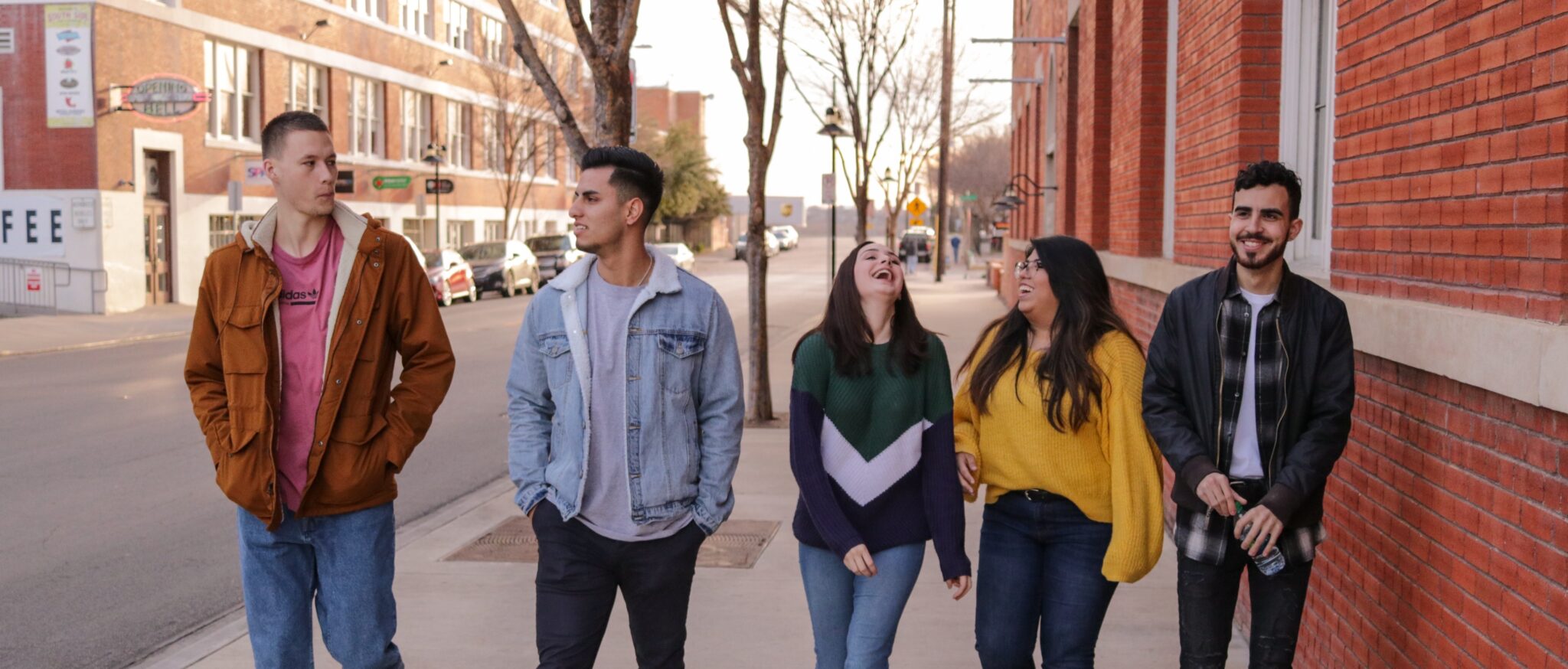Jimmy Rao is the RUF Intern for Boston University
Along the riverfront of Boston University’s campus, there’s a banner on the side of a university building with the phrase, “WE ARE THE ONES WE HAVE BEEN WAITING FOR” in large font. I’ve walked by it several times on my way to a 1-1 or walking back home from Large Group. Every time it has caught my attention and got me thinking, “What exactly does it mean?” The banner attributes the quote to a poet named June Jordan and although the quote may have been used in a different context, the ethos of it captures the spirit of BU’s campus and Boston’s culture.
Boston University finds itself in a city amongst over 100 other colleges and universities in the greater Boston metropolitan area. The majority of residents have their bachelor’s degree. As you can imagine, work, productivity, and self-sufficiency are the driving engines behind the city’s motor.
I see this culture seep into the lives of BU students. They work their butts off. If you’re not juggling being a full-time student, working a part-time job, participating in too many extracurriculars, and hitting up the gym every day, you’re seen or even see yourself as less valuable. There’s an immense pressure to look inward and find yourself. BU’s name lends itself to the cliche line, “Just be you.” The quote earlier conveys a message of salvation. We wait for what we put our hope in. In this case, you are your own hope. We are the ones we have been waiting for.
This doesn’t just affect students though. Sometimes I can fall into the trap of thinking that RUF is what our students have been waiting for. I can let this message of self-righteousness creep into my life. Ministry becomes what I can do for Christ. It becomes about my own efforts. Do I listen well enough as an intern? Am I cool enough or engaging enough to bring students to our events? Does RUF please every student that walks through the door? All of these traps align with the belief that we are the ones our students have been waiting for.
When we hear “We are the ones we have been waiting for,” it seems to be saying that the answer to our problems are in us, we are just waiting to unlock some salvific potential that is locked up within us. The savior of the world right now is us. But how can we be both the problem and the solution? What power do we have to solve our own sin and destructive behaviors? Who should we be really waiting for?
The Gospel of Jesus tells us who we have been waiting for and that he’s already come. Salvation comes from God, not from man. Our Savior is Jesus, not ourselves. Instead of looking inward for our hope and salvation, we look to the cross where Jesus did what we couldn’t do. RUF is here to tell students that our waiting is now in the Lord who has already finished the work in his life, death, and resurrection. And we wait for him to return again as he is making all things new in heaven and earth.
I hope for the day when the only banner of hope that is lifted high is Jesus. And maybe the one on BU’s campus will one day say, “We have the one we’ve been waiting for. His name is Jesus.”
